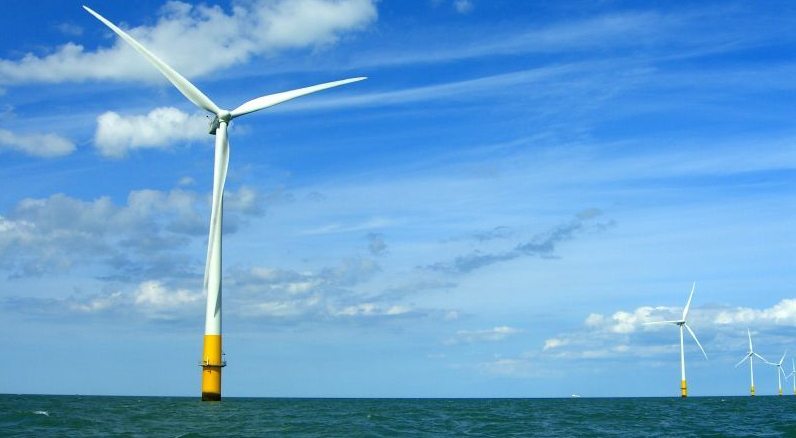Scotland could take the lead in a green revolution that will see all of the world’s energy needs met by renewable sources by 2050, a new report has claimed.
The WWF’s Energy Report, which has taken two years to complete and is published on Thursday, states that Scotland could benefit economically if it takes an early lead in the renewables sector.
First Minister Alex Salmond has already said around £30bn could be invested in Scotland creating thousands of jobs as companies seek to exploit Scotland’s natural resources for wind and wave power.
Tayside and Fife both hope to capitalise on the green boom because of their proximity to the North Sea.
Spanish wind turbine manufacturer Gamesa has already revealed its ambition to develop a manufacturing and maintenance base in Dundee.
Jim Leape, director general of the WWF said, “The Energy Report shows that in four decades we can have a world of vibrant economies and societies powered entirely by clean, cheap and renewable energy and with a vastly improved quality of life”
Dr Richard Dixon, director of WWF Scotland, added, “With our huge natural resources in renewables and our world-class technical expertise, Scotland could be one of a handful of countries at the forefront of establishing a low-carbon economy supported by a renewables revolution.
“There are going to be millions of jobs and billions in exports in the global market for renewable energy technologies. Let’s make sure Scotland gets a big slice of that cake.”
The two-part global report contains a detailed analysis and prediction of future energy needs by consultancy firm Ecofys.
Making conservative assumptions about how quickly technology will develop, it shows that by 2050, power, transport, industrial and domestic energy needs could be met almost entirely from renewable sources-vastly reducing dependence on fossil fuels, cutting pollution and climate change.
Photo used under Creative Commons licence courtesy of Flickr user phault.
